2012 has been a year of significant development of our Corporate Social Responsibility (CSR) programme here at ESL.
We started formally addressing the challenges of sustainable development as a company in 2008 with the introduction of a Sustainable Development Charter. This led to improved efficiency within our network of offices and more sustainable policies being implemented throughout the company. But implementing an internal charter was only the first step and we continue to find new ways of introducing sustainable practice to our business. One important element of this is to share our knowledge with others. To achieve this, we are using our position to encourage others to develop and act upon CSR strategies.
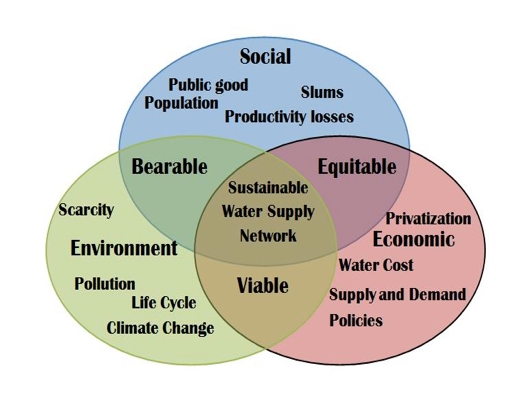
In 2012, the sharing process has been welcomed by partner schools who, like many businesses, are increasingly aware of the importance of sustainable business practise. ESL head of products & partnerships Krister Weidenhielm says “What we are aware of and what we do about it are at the heart of a CSR policy; this is why we have invested into putting it into action. In the end it is about people… it isn’t necessarily easy… CSR is becoming more popular and therefore it has to be simplified, more accessible, to be eventually embraced by all.”
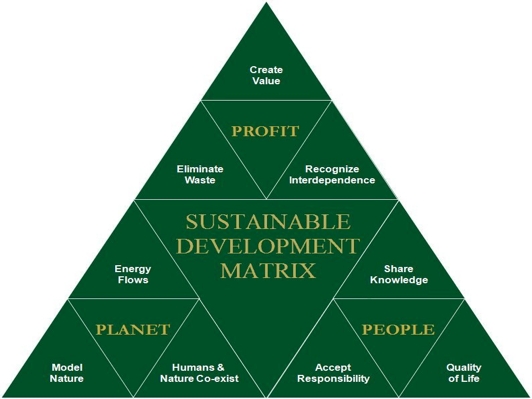
“Our world is changing and it offers new opportunities for who wants to redefine the way they do business. Thanks to renewable energy, we are changing the way we consume energy in our houses or with our cars. Urban mobility has been rethought and many cities followed with shared bikes systems for example. Waste is becoming a resource for recycling or energy production. Socially Responsible Investment is showing another way of supporting ethical growth. Concepts like local identity in the food or fashion industries are becoming mainstream behaviour in our consumption. Barriers to entry are revisited with CSR based innovation which represents the standards of tomorrow.”
CSR self assessment tool
One notable development in 2012 has been the impact of our CSR self assessment tool for language schools. This helps schools to formalise and assess their current CSR actions, publicise their good work and find ways to further improve with action plans that lead to solid and measurable developments.
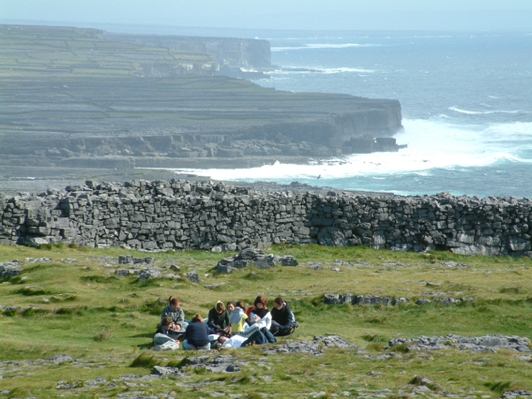
The idea came about when we were developing our own CSR strategy and recognised the importance of creating a charter and measuring milestones of the action plan. We found that many people in individual offices had started taking positive local action and saw that this could often be transferred to other offices. Having a formal structure in place encouraged this transfer of best practice between offices and encouraged our whole team to understand our CSR goals.

Krister says, “I feel lucky to work in a business environment that is naturally favourable for these type of questions and somehow the real challenge has rather been to stimulate that potential to be turned into concrete actions and sustainable practices.”
The CSR self assessment tool contains a comprehensive list of questions related to three key practical areas of CSR: Management & Operations, Education and Community. Schools are encouraged to honestly assess their achievements under each heading and, if they have given themselves top marks for a particular category, submit evidence of what they have achieved and how (this can then be shared with other schools as an example of good practice).
We publish the results of the self-assessment on our school’s profile pages and promote examples of good practice. You can find out more about the steps our partners in Canada, Britain, Ireland,South Africa, Australia and Latin America have been making or for example how we are organised to offer language courses for disabled students.
Impact
As of late 2012, a total of 67 schools are actively using the tool to assess their CSR programmes and monitor their action plans. This is a significant increase since the start of 2012 and it is very encouraging to see partners taking the initiative seriously. However this still only represents around 30% of our partners. Many more schools have signed up for an account (60% of our partner schools) but not yet become active users. We hope that 2013 will see them use the tool and develop their CSR strategies.
The feedback from schools suggests that the tool has helped those who have used it. Babette Furstner from ILSC’s schools in Australia describes it as a “great tool to build a self-reflective awareness… [that] stimulates us to take more and more steps into being green and sustainable,” while Katrin Uphoff from Latin American group Academia Columbus says the tool has “generated new ideas we can implement in the future to continue improvement of our environmental and social awareness and contribution.”
Andrew Roper from British Study Centres praises the effect that the tool has had on schools across the BSC group, noting how it “encourages us to share ideas and has certainly got us talking about the idea of sustainability.” The scoring system has seen BSC schools “compete among each other to get good results on the questionnaire!” The tool is supported by a forum that allows schools to share ideas and techniques that have proved successful locally.
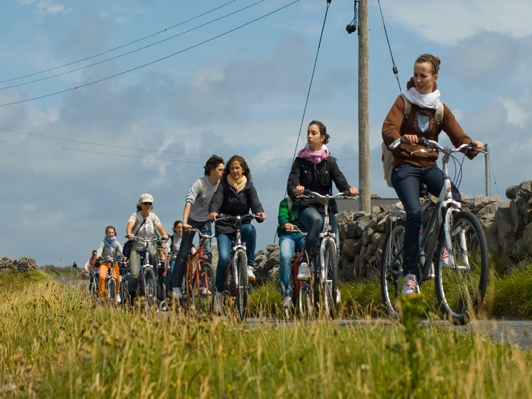
Economic benefits
If charitable giving and reduced environmental impact are the elements of sustainable development that are the most emotive, they are not the only reasons to implement a CSR policy. Good business practice leads to greater efficiency and happier staff.
As Krister highlights for who want to redefine the way they do business… “saving costs, as well as the additional communication opportunity CSR can offer to a company, are relevant arguments to plead the cause of sustainable practices. In fact, we strongly believe that sustainable development is a great topic to bring competitive advantage to an organisation at different levels.”
Planting the seed
In 2013 we expect more partner schools will take advantage of the CSR self assessment tool, which has been designed to benefit institutions of all sizes. The 67 partner schools using the tool in 2012 have made big steps forward in formalising their CSR policies and they enjoy extra visibility on our websites. The results of schools’ self-assessments are available online and students can use this information to help find the school that is right for them.

Krister says that, from the self assessment tool, “We start to perceive a global picture on how our industry is organized for facing issues of sustainability. Sharing this knowledge will be one of the next steps. Hopefully more and more education companies will formalize their own CSR policy and strategy so that more actions will be undertaken as part of a process, leading to more involvement by every stakeholder, including teachers and students but most important, based on the management’s input and plan. CSR can only be sustainable if coming from the top management. As far as academic content is concerned, related topics are already today more and more present on most course books but I believe CSR is a tremendous field of exploration to include more related topics in the core programme, as an elective or extracurricular. Topics like the environment, society, technology, leadership, cross cultural, community etc can be customized for all student profiles from juniors to executives.”
“Clients need to have information about what they purchase and are exponentially aware of questions that have to deal with sustainable development, so this might influence companies to focus on CSR in order to be on the same wavelength. As a representative agency, we strive to bring the consumer as close as possible to the distributor and nothing is more relevant than a school’s CSR identity!”
In many countries, issues of sustainability have fallen off the radar somewhat since 2008 and the financial crisis, but CSR is an important part of our ethos at ESL and we believe that partners who think in terms of sustainability will be partners for the long term.
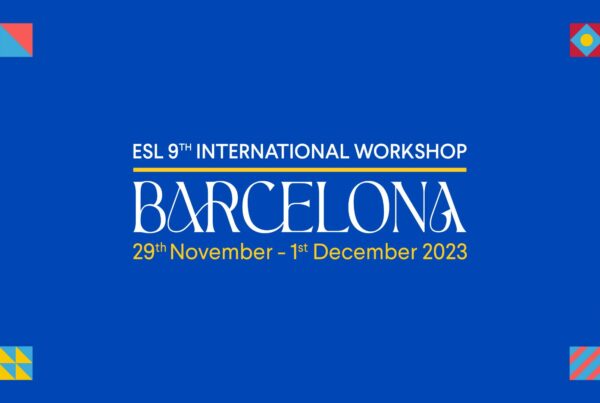
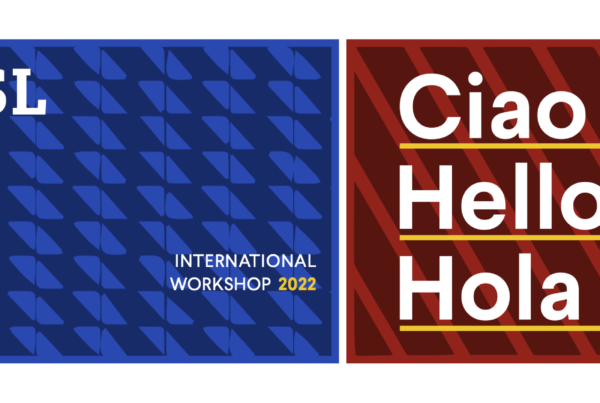
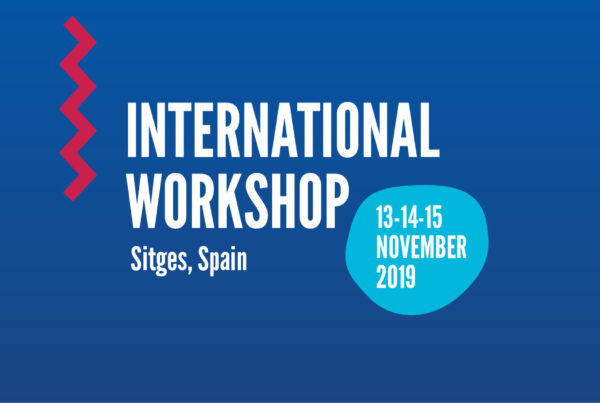
What do you think?